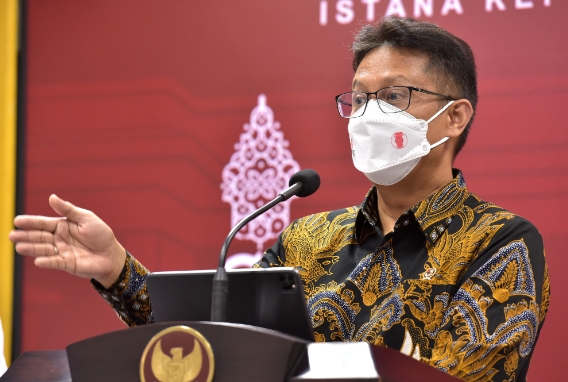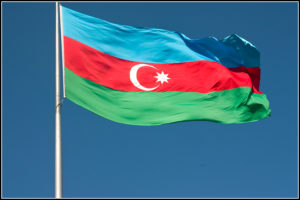Jakarta, MINA – Minister of Health Budi Gunadi Sadikin revealed that currently there are 15 suspected cases of acute hepatitis in Indonesia.
Previously, the first three cases in Indonesia were reported on April 27, reported to have died from infection with this mysterious acute hepatitis disease, a few days after the World Health Organization or WHO announced that there was an extraordinary event or outbreak in Europe of this disease in Europe.
“On April 27, we have immediately issued a Circular (SE) regarding the Precautions for the Discovery of Acute Hepatitis of Unknown Aetiology (Acute Hepatitis Of Unknown Aetiology) so that all hospitals and health offices carry out surveillance monitoring of this case,” he said in a press statement in Jakarta on Monday.
The Minister of Health asked the public to increase vigilance and take preventive measures, one of which is maintaining personal hygiene.
Also Read: Palestine Solidarity Month 2025: AWG and Indonesian Parliament Hold “Solidarity Run for Palestine”
“This virus is transmitted through food intake through the mouth, so if we can wash our hands diligently so that we make sure what enters our children, it attacks many under 16 years, more under 5 years, it’s clean,” he said.
In general, the initial symptoms of acute hepatitis are nausea, vomiting, abdominal pain, diarrhea, sometimes accompanied by low-grade fever. Furthermore, the symptoms will get worse, such as thick urine like tea and pale white bowel movements. The Minister of Health requested that parents immediately check their children with these symptoms to the nearest health service facility to get an initial diagnosis.
“If he defecates and then he starts to have a fever, then check his SGPT-SGOT. If it is above 100, it is better to be referred to the nearest health facility. The SGPT-SGOT is normally in the 30s, if it has risen a bit high, you should refer it to the nearest health facility,” he said.
Budi added that his party had also communicated with the Centers for Disease Control and Prevention of the United States and the British Government to obtain information about this disease.
Also Read: Online Gambling Transactions Drop 57% Following PPATK–Kominfo Crackdown
“Now the research is being carried out jointly by Indonesia, in collaboration with WHO and also we are working with America (United States) and Britain, to be able to quickly detect the cause of this disease. It is most likely adenovirus strain 41, but there are also many cases where there is no adenovirus strain 41,” he said.(T/RE1)
Mi’raj News Agency (MINA)
Also Read: 369 Youth Trained by Religious Affairs Ministry as Peer Educators to Prevent Child Marriage



































 Mina Indonesia
Mina Indonesia Mina Arabic
Mina Arabic